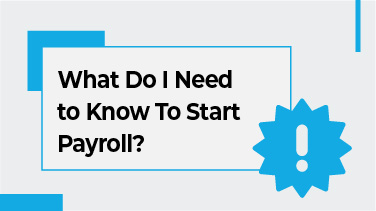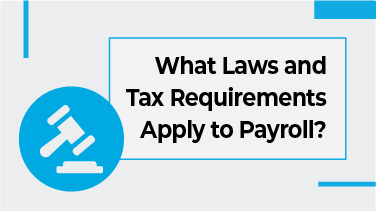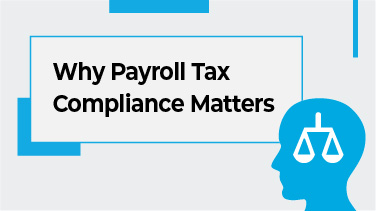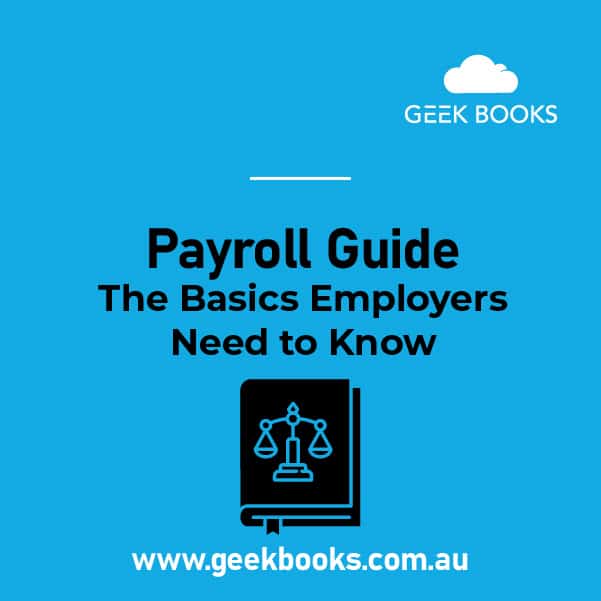Starting a new business is an exciting and challenging journey. Managing payroll is one of the most important aspects of running a successful company.
For many new business owners, navigating complex payroll laws and regulations can be confusing.
That’s why we’ve created this Australia payroll guide. It’s specifically tailored for new business owners who want to stay compliant and control their payroll obligations.
Here, you’ll learn everything you need to know to set up and maintain a compliant payroll system and avoid costly mistakes.
Whether you’re just starting out or looking to future-proof your business, discover how to implement the following helpful payroll tips!

What Do I Need to Know To Start Payroll?
Payroll involves calculating employees’ payments, deductions, and service allowances.
This process includes calculating correct wages and salaries, superannuation, taxation, and other deductions.
You must collect important information about your employees to start the payroll process. This includes their
- Full name, address, and date of birth
- Tax file number (TFN)
- Superannuation fund details
- Employment classification (full-time, part-time, casual)
- Employment start date
- Usual work hours
- Leave entitlements such as annual leave, sick leave, and other leave types
Once you have this information, you’ll be able to calculate the legal pay and taxes you must withhold from your employees’ paychecks.

What Laws and Tax Requirements Apply to Payroll?
As an employer, you must comply with different laws and regulations regarding calculating, paying and reporting employee compensation.
These laws and regulations that apply to payroll can vary depending on your business type.
All payroll laws and regulations have two things in common: they ensure employees are paid correctly and the appropriate taxes are withheld and paid to the government.
This section of the payroll guide will explore the key laws and tax requirements that apply to payroll in Australia. We will look at
- Fair Work Act 2009
- Fringe Benefits Tax (FBT)
- Pay As You Go (PAYG)
- Single Touch Payroll (STP)
- Superannuation
Understanding these laws and regulations is essential for you to set up and maintain a compliant payroll system.
Fair Work Act 2009
The Fair Work Act 2009 (FWA) is a federal law in Australia that governs the rights and obligations of employers and employees in the workplace.
The FWA sets out the minimum rights and entitlements for employees concerning pay and conditions of employment. These rights include
- The national minimum wage
- Pay rates for different types of work
- Leave entitlements such as annual, personal, and parental leave
The FWA requires you to pay your employees the correct pay rate and to keep accurate records of employees’ pay and leave entitlements.
You must also provide all employees with pay slips that show their gross pay, deductions, and net pay for each pay period.
Fringe Benefits Tax
Fringe Benefits Tax (FBT) is a tax imposed by the Australian government on certain non-cash benefits you provide to eligible employees.
The tax is set on the value of the benefits and is paid by you as the employer.
FBT applies to various benefits, including company cars, housing, low-interest loans, and other non-cash benefits.
You will need to consider the value of any benefits provided to your employees and whether these benefits are subject to FBT.
This can include calculating the taxable value of any benefits provided, reporting any benefits to the Australian Taxation Office (ATO), and paying the FBT liability quarterly.
Pay As You Go (PAYG)
Introduced in 1999, Pay As You Go (PAYG) is a system used by the Australian Taxation Office (ATO) to collect income tax from individuals and businesses.
Under this system, you must register with the ATO and obtain a Pay As You Go withholding number.
You’re then required to withhold a certain amount of tax from your employee’s paychecks and send it to the ATO monthly or quarterly.
PAYG is one of the most important aspects of payroll, as it’s your responsibility to calculate the correct amount of tax to be withheld from each employee’s paycheck.
Single Touch Payroll (STP)
Single Touch Payroll is a new reporting system in Australia. This system helps streamline the process of reporting to the ATO. It also aims to make it easier for employers to
- Report employees’ salary and wages.
- Calculate and pay the tax withheld.
- Calculate and track superannuation.
Under this system, you must send your employees’ payroll information to the ATO in real-time using STP-enabled software.
This accounting software eliminates the need to provide payment summaries (group certificates) to your workers at the end of the financial year.
STP is mandatory for most employers in Australia, as of July 1, 2019, with a few exceptions for small employers.
Employers must ensure their payroll software is STP-enabled and register with the ATO to start reporting through STP.
Superannuation
As an employer, you’re obligated to calculate the correct super contribution for each employee based on their salary and wages.
You must then send the super contributions to the employee’s chosen superannuation fund monthly or quarterly.
You’re also required to provide employees with a choice of funds and to keep records of all superannuation contributions made.
As of July 1, 2021, the current minimum contribution rate is 10.5% of an employee’s ordinary time earnings (OTE), known as the Superannuation Guarantee (SG) charge.
This rate will increase gradually over time.

Why Payroll Tax Compliance Matters
Payroll tax compliance is a legal requirement for employers to ensure that they meet their legal and financial obligations to their employees and the government.
Non-compliance with the payroll liabilities you’re responsible for can result in heavy penalties and fines.
Penalties for non-compliance can include fines and interest charges. In severe cases, employers may also face criminal charges, which can lead to imprisonment in states like Queensland and Victoria.
Poor record-keeping is one of the main reasons for payroll tax non-compliance.
Failure to keep accurate records can result in penalties, even if the non-compliance was not intentional.
In some cases, non-compliance may be due to a lack of understanding of the laws and regulations related to payroll.
That’s why it’s crucial for employers to seek advice from a professional accountant or payroll specialist.
GeekBooks is one of Australia’s leading Payroll service providers.
Our dedicated payroll specialists have the tools and skills to help you manage your payroll effectively.
We can also advise you on handling audits and other compliance-related matters.
Get Started With Payroll Today!
We hope this payroll guide has given you a better understanding of the responsibilities involved in managing payroll.
If you need help managing your payroll, our team at GeekBooks can provide comprehensive services covering everything from calculating taxes to managing workplace compliance.
Our payroll professionals are always on hand to answer your questions and offer advice when needed.
The ATO approves us as a payroll provider service in Australia, so you can rest assured knowing your payroll is in safe hands.
Get started today and take the stress out of payroll! Complete our online booking form or call us for a free quote at 02 9158 3591.



